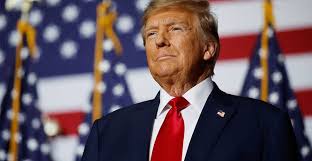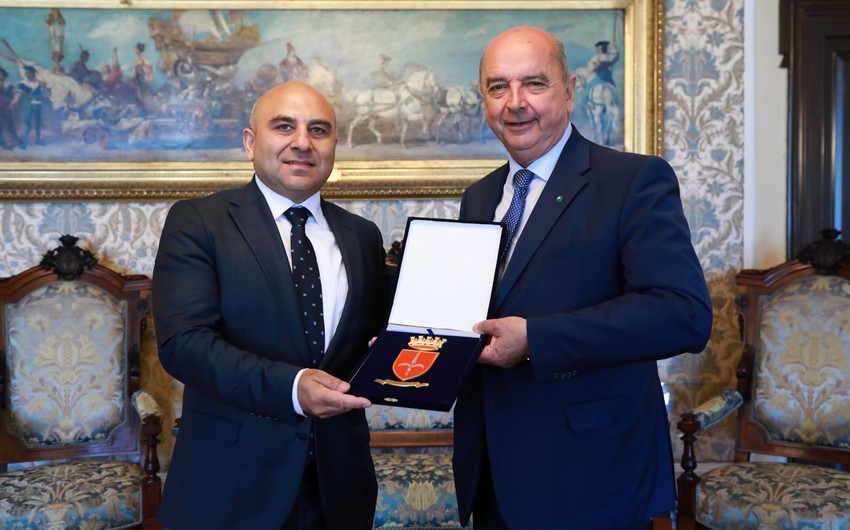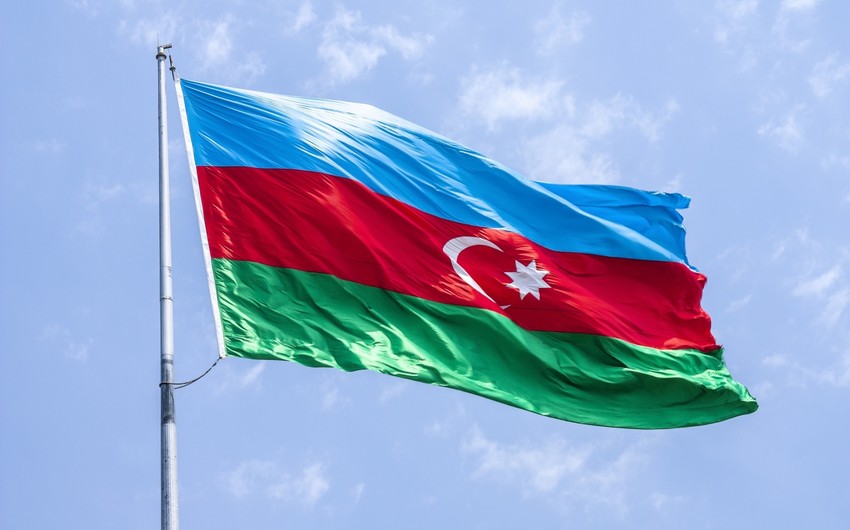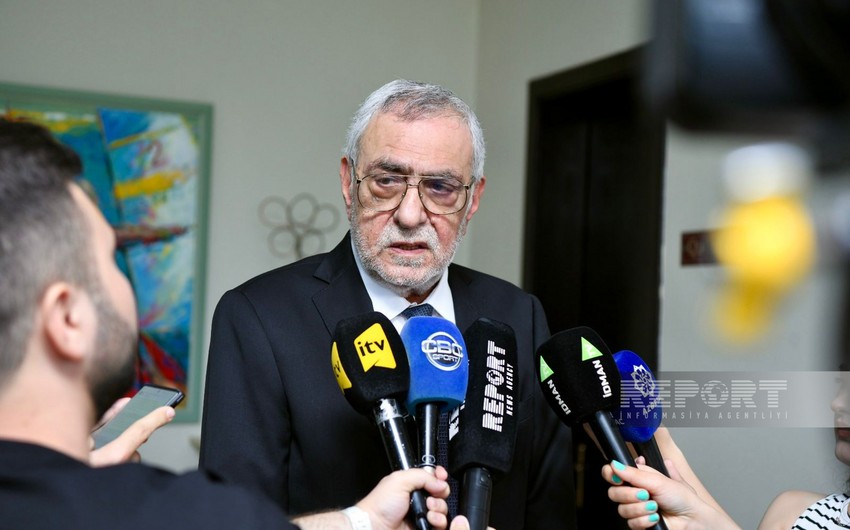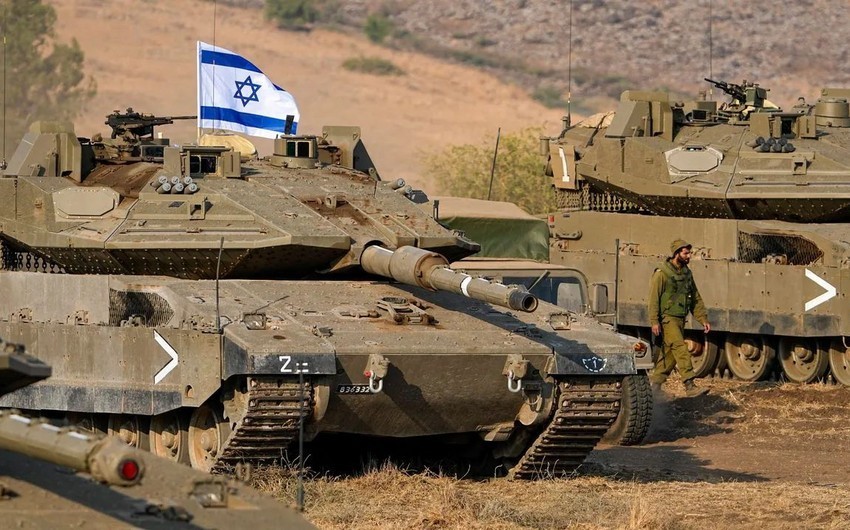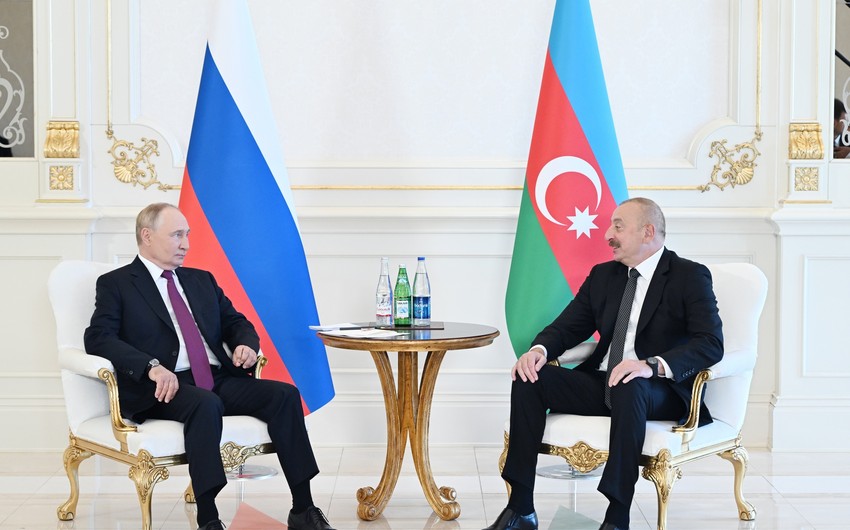Eastern European countries, during their history were forcibly in various associations and unions. So that, in 1949 they participated in the creation of the Council for Mutual Economic Assistance including the USSR, GDR, Poland, Czechoslovakia, Hungary, Bulgaria and Romania.
Nearly 40 years later, after the collapse of the socialist system and of the Council for Mutual Economic Assistance (CMEA), for objective and subjective reasons, its past members joined to another community integration-The European Union.
The establishment of the CMEA coincided with an especial period of time, the devastating Second World War had just ended, the economic situation almost, all of these countries, was tough enough. During the years of war, Poland, Czechoslovakia, Hungary, Romania and Bulgaria as a result of the coup have lost many citizens and were undergone to great destruction, industry, agriculture and social sectors were in extremely critical condition.
In fairness, it should be noted that, the economic devastation in the Eastern European countries, was eliminated gradually, with the help of the Soviet Union, though, after the war, the situation in Russia and of the allied Republics including in Eastern Europe such as- Ukraine, Belarus, Moldova was not good.

Obviously, the post-war Soviet Union that was in serious condition could not afford the economic needs of all the Eastern European countries. Cutting ties with Western partners were complicating the situation.
It should be noted that, a history of 40 years of extensive economic cooperation of these countries within the CMEA was rich in many big events.
According to the investigators' conclusion, after the first decade of the establishment of CMEA, the difficulties of the transition period were not eliminated. The volume of foreign trade was negligible. In the countries included in CMEA, it was not used enough the benefit of the international division of labor. The rate of growth of industrial production of the CMEA countries was back to the level of foreign trade.
Since 1960, they have begun to study the ways and methods of “rapprochement" of the CMEA countries in the Western European economic integration. In the development of this problem were participating the representatives of many European countries, even of the USA.
Socialist countries began to speak in favor of flexible coordination of bilateral and multilateral relations between Eastern and Western Europe and this were coming forward of the consistent application of the principle of equality of partners.

From one side, the CMEA countries’ proposal of the agreement signing based on relations among the CMEA and the member countries of the CMEA, and on the other hand, based on the agreement in Rome, between the European Economic Community (EEC) established by 6 (West Germany, France, Italy, Belgium, the Netherlands and Luxembourg) countries in 1957 and the member countries of the EEC were serving those purposes.
In August 1973, there took place the first an informal meeting of the CMEA and EEC countries’ representatives in Copenhagen and there was marked the necessity of dialogue, rapprochement and cooperation among these integration associations. It became clear after the Helsinki act signed in 1975 about the security and cooperation in Europe. At the end of the 80s, in June 29, 1988, the Council for Mutual Economic Assistance and the European Economic Community officially recognized each other by signing the joint declaration.
However, there was still a difficult road ahead, although a number of steps had already been taken in this direction.
In the mid-80s of the past century, the activities of CMEA were almost at zero, was converted to the object of criticism for “bureaucracy, insufficient efficiency, a clear decline” in the West by the heads of member states and Soviet leaders. In 1985, the organization put an end to its existence.
The destruction of the CMEA after the collapse of the Soviet Union and the collapse of the socialist system determined the fast inclination of Western European countries to the stable European Union.
IN December 16, 1991, there were signed the first agreements on the association among Hungary, Czechoslovakia and Poland and European Union. A year later, on December 22, 1992, similar agreements were reached with Bulgaria and Romania. During nearly four years, it was prepared the agreement with Slovenia (signed on 10 June 1996).
A decision on the possible adoption of Central and Eastern European (CEE) associative countries, as equal members of the EU, was adopted in European Union session in Copenhagen in June,1993.
In 1994-1996, Hungary, Poland, Romania, Slovakia, Bulgaria, the Czech Republic and Slovenia gave the order for accepting to EU.
In 1996, the EU adopted graph on the upcoming expansion about the admission of the CMEA countries to EU that took into account the launch of the negotiations in the spring of 1998.
Going forward, we have to notify that, On May 1, 2004, the former socialist countries, Hungary, Poland, Romania, Slovakia, Slovenia and the Czech Republic, on January 1, 2007, Bulgaria, Romania, on July 1, 2013, Croatia were adopted in the EU. It also should be noted that among the past socialist countries, Macedonia since 2001, Montenegro since 2010, Serbia since 2011 have been official candidates, since 2008 Bosnia and Herzegovina have been potential candidates, since 2014 Ukraine and Moldova associative candidates of the European Union.
After the adoption of Romania and Bulgaria to the EU, the European Union approached to Black Sea coasts.
During the preparation to the EU membership, it was given financial assistance to the states and this aid was increased after joining to the Union. For example, in 1990-1999 Hungary received 1 billion ECU. In 2006 the EU Funds allocated about 2.5 billion euro to Poland.
At that time, there were complex problems in Eastern European countries: labor productivity was low, structural reconstruction of the economy did not reach completion, agriculture was still weak, there was a significant disproportion in regional development, the competitiveness of enterprises was low, their economic and financial situation was unstable.
The solution of the mentioned problems, of course, required implementation and development of national modernization programs, also, by taking into account the fact of dependence of the countries on the EU market that was in a low situation.
The escalation of EU toward the “East” influenced to the formation and future development of the EU and its new members relations with Russia.
It is impossible not to note that, actually, during XX and XXI centuries, neglect demonstration of Russia as a partner in Central and Eastern Europe countries on the solution of important domestic and international challenges, contributed to a significant cooling of the relations. Only near the end of the first decade of the twenty-first century, it began to emerge the encouraging tendencies for improving the relations between them.
Unfortunately, although it has been several years, but neither Russia, nor Central and Eastern European countries have a clear perspective on the concept of relationship- building for a long time.
After they entered into the EU, there was a major change in the international political situations of the most of the Central and Eastern European countries. It has been changed not only their foreign policy, but also the attitude of the other states through them.
Besides, the entire European geopolitical space changed noticeably, the positive changes had a positive impact on World atmosphere.
Therefore, at the beginning of the XXI century, a new geopolitical situation was created in Europe. The Eastern European countries for the third time were forced to play the role of the object of the manipulation of the great powers, regardless of their volition.
After the World War II, with the efforts of the Soviet Union there was created "Sanitary- cordon” from the Baltic to the Black Sea consisting of the countries of Eastern Europe against the West. Conversely, after the "Cold War" Eastern Europe has fallen into the structure of the sphere of influence of Western countries that were against Russia.
NATO and the European Union's eastward expansion at the same time, led to the violation of the military-strategic symmetry that has been existing in the world since the World War II.
European Union's “eastward” expansion factor affected significantly the international political situation in the EU and the foreign policy of its "old" and "young" members.
During the process of expansion, the EU has undergone to the changes. According to the EU investigators, we have to admit that, in the modern world, the EU has been a center of Power, however, it should be noted in particular that the successful operation of this political-economic system would hardly be possible without the active participation of Eastern Europe, Russia, Ukraine, Belarus.





